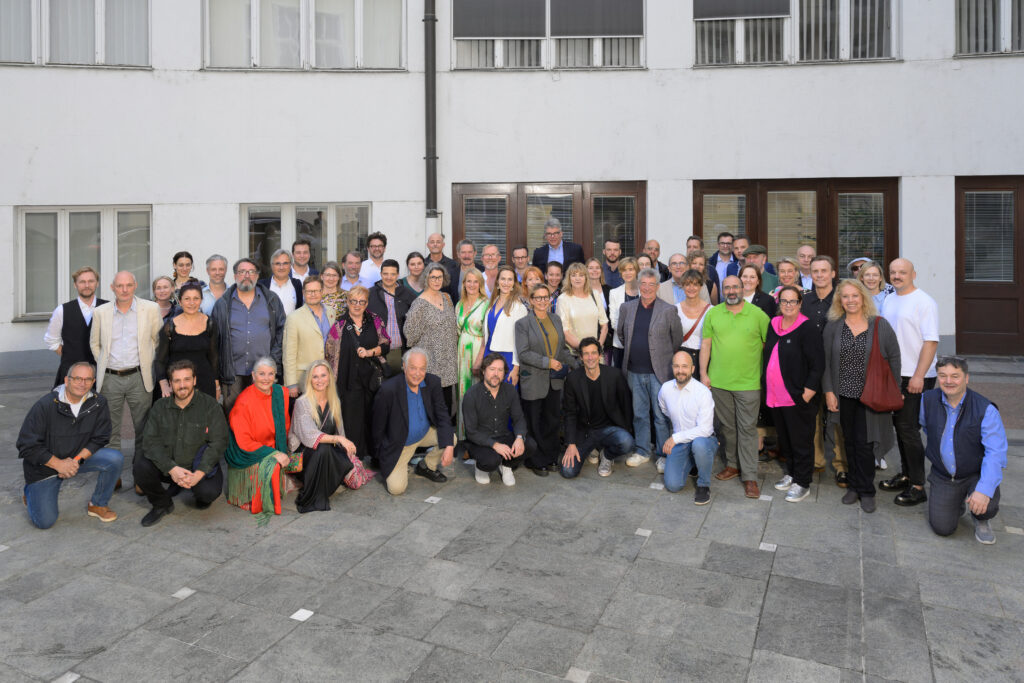Performers and other copyright owners prepare for a long fight to safeguard their legitimate interests, as the European Commission and the Parliament look determined to complete the Digital Single Market by modernizing the EU copyright system. Among the various things at stake, territoriality, as well as limitations and exceptions, are high on the political agenda.
Whilst Commission President Juncker multiplies his statements against the national "copyright silos" and promises to deliver consumers instant and ubiquitous access to creative content, Vice-President Ansip and Commissioner Oettinger are preparing what promises to be a rather ambitious reform package.
Meanwhile, the European Parliament has tasked the only Pirate Party-elected representative (German MEP Julia Reda) with preparing an own initiative report meant to assess the state of implementation of the 2001 Information Society Directive, a key provision in the EU in the field of intellectual property. Perhaps unsurprisingly, the draft report misses its purpose entirely and looks like little more than a Pirate Party wish list of priorities. As it stands now, it looks set to undermine much of what creative industries need to continue to generate growth and jobs, let alone offer European audiences a professional and culturally diverse offer.
Ms. Reda openly calls for a ban on territorial licensing and geo blocking, showing little interest for how audiovisual works are financed, and cultural diversity preserved, across Europe. Despite her plea for better contracts for authors and performers, she ignores the fact that contracts are of little use if there are no jobs for them to apply to. Contrary to other parts of the world, the film and audiovisual industries in Europe heavily rely on various complex mechanisms to finance production and optimise revenue, including release windows, tax incentives, public subsidies, co-production agreements – and of course also territorial licensing.
Whereas cross-border licensing, and access, are already possible and do not require changing the EU IP legal framework, the industry must continue to optimize investment by tailoring its offer to meet the preferences of 28 very diverse audiences in the EU, maximising returns that may invest further production. Cross-border licensing must therefore be the ultimate decision of the industry, on a case-by-case basis, rather than a statutory regime imposed on it regardless of all market considerations. Portability on the other hand, i.e. the ability for EU citizens to carry their access rights whenever travelling abroad for a short while, should become standard practice and clearly market demand will make that happen.
Almost everything in the Reda report runs counter to her supposed interest in improving the working terms of creators and serves the interests of the ICT industry more than it does cultural diversity. Full copyright harmonisation, mandatory and sweeping exceptions and limitations with no statutory compensation for right owners, the shortest possible term of protection, the introduction of "fair use", a safe harbour regime for hyperlinking, etc… The list is long and set to have profound implications for performers and the whole audiovisual industry that they rely on to make ends meet.
Europe is nearing an important crossroads. EuroFIA is working closely with other creator organisations to promote a balanced copyright regime putting creators at the heart of things but equally to protect the long-term sustainability of the film and television industry as a whole.





